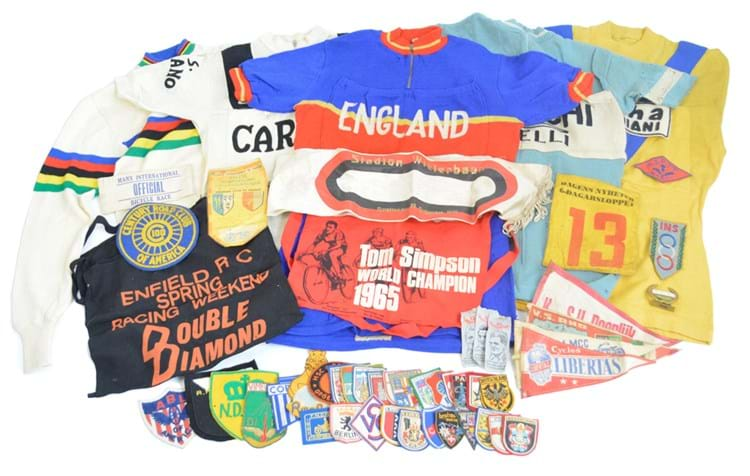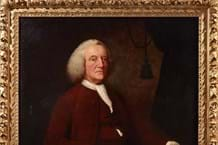
But until the post-2000 boom in the sport, that roll was a long way from leading the world pack. And one of the best-known earlier British cyclists also comes with a tragic story.
At the 1962 Tour de France, Tom Simpson became the first British rider to wear the yellow jersey, finishing first in the 12th stage. In 1965, he became the first British winner of the Road Race World Championships, obtaining the rainbow jersey that he competed in for the following season, and then became the first cyclist to win the BBC Sports Personality of the Year.
Five years after wearing that yellow jersey, Simpson was dead, aged just 29.
During the 13th stage of the 1967 Tour de France, on the ascent of Mont Ventoux, Simpson fell off his bike. He had already been feeling unwell, and was advised to retire from the race, but refused. Five hundred yards later, he began to wobble and was helped to the ground by some spectators, by which point he was unconscious. He was airlifted to a local hospital where he was pronounced dead.
It was later discovered that Simpson had alcohol and amphetamines in his body, and this – combined with the intense heat of the day (which reportedly reached 54°C) - caused his heart to fail.
Cycling Jerseys
On July 30 this year, less than a week before the new generation of British riders goes for gold at the Rio Olympics, a selection of items that belonged to Simpson are on offer in a sports memorabilia sale at Adam Partridge Auctioneers in Macclesfield.
The vendor’s father was a close friend of Simpson, who gave him the items which then passed down to the vendor. Included in the lot are five race jerseys, badges, bags and a scrapbook of photographs, letters and newspaper cuttings. It is estimated at £800-1200.
Simpson was born in County Durham in 1937, and moved with his family to Harworth in Nottinghamshire at the age of 13, where he joined the Harworth and District Cycling Club. He immersed himself in cycling and began winning time trials at the club and competing in road races, before eventually being selected by Great Britain to compete at the 1956 Melbourne Olympics, where he won bronze in the Team Pursuit.
Following the Olympics, Simpson moved to France and signed a contract with St Raphaël-Géminiani-Dunlop for £80 a month, making his first appearance at the Tour de France in 1960, finishing 29th overall.
A memorial to Simpson now stands on the spot where he collapsed on Mont Ventoux, and cyclists regularly visit and leave tributes. There is also a small museum in Harworth dedicated to him. Following his death, mandatory drug testing for cycling was introduced, with tests being carried out at the 1968 Tour de France and the Mexico City Olympics.
In Simpson’s defence, he was under intense financial pressure to finish in the top five, he was suffering from diarrhoea and the Tour schedule was particularly brutal at the time – including a ban on receiving water from the team car, which explains the alcohol in his body, as the riders had to grab drinks from roadside bars.
The last words of this dogged, brave but doomed rider were supposedly: “Put me back on the bike.”





